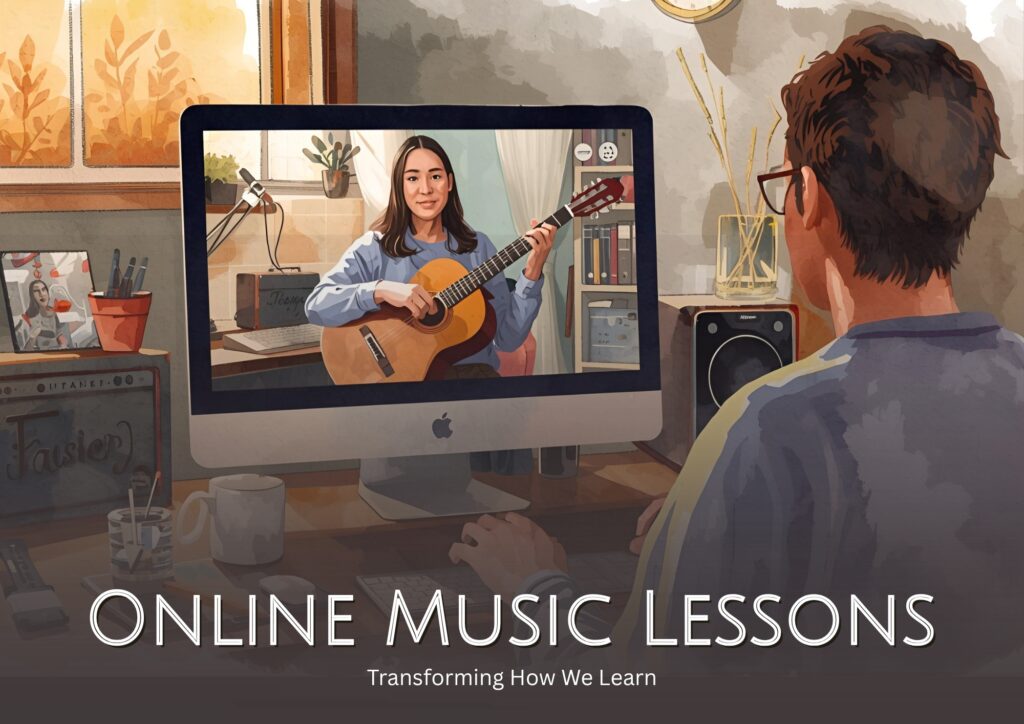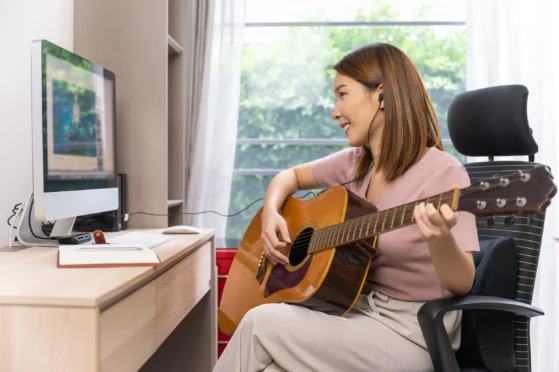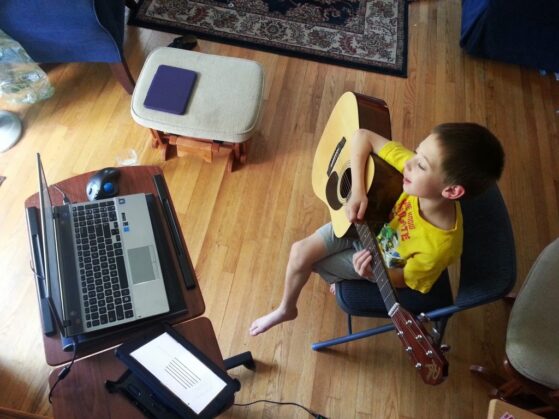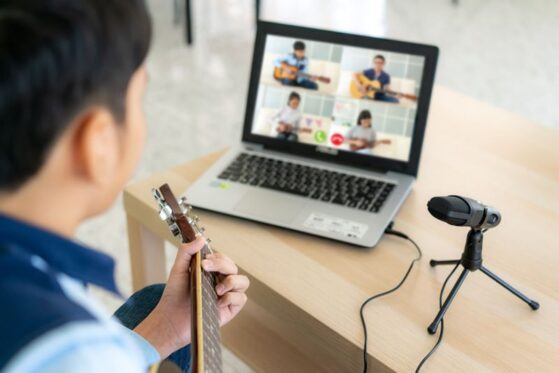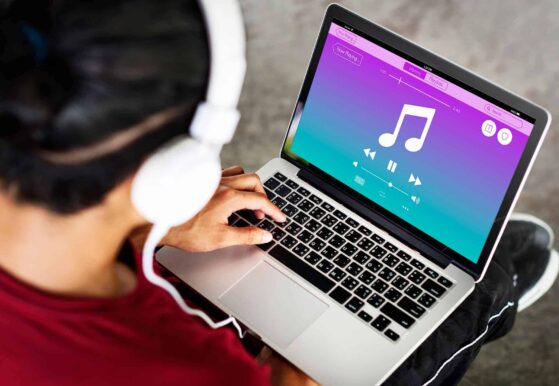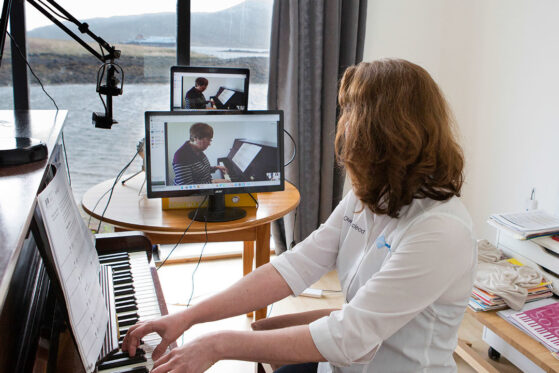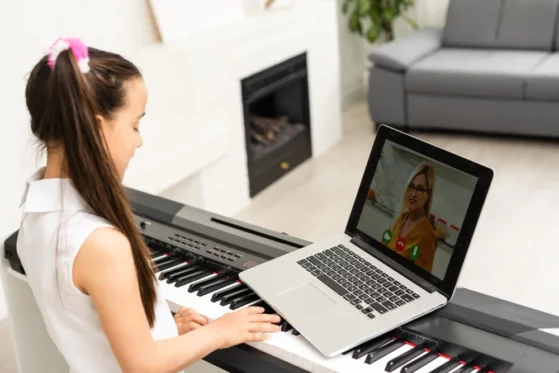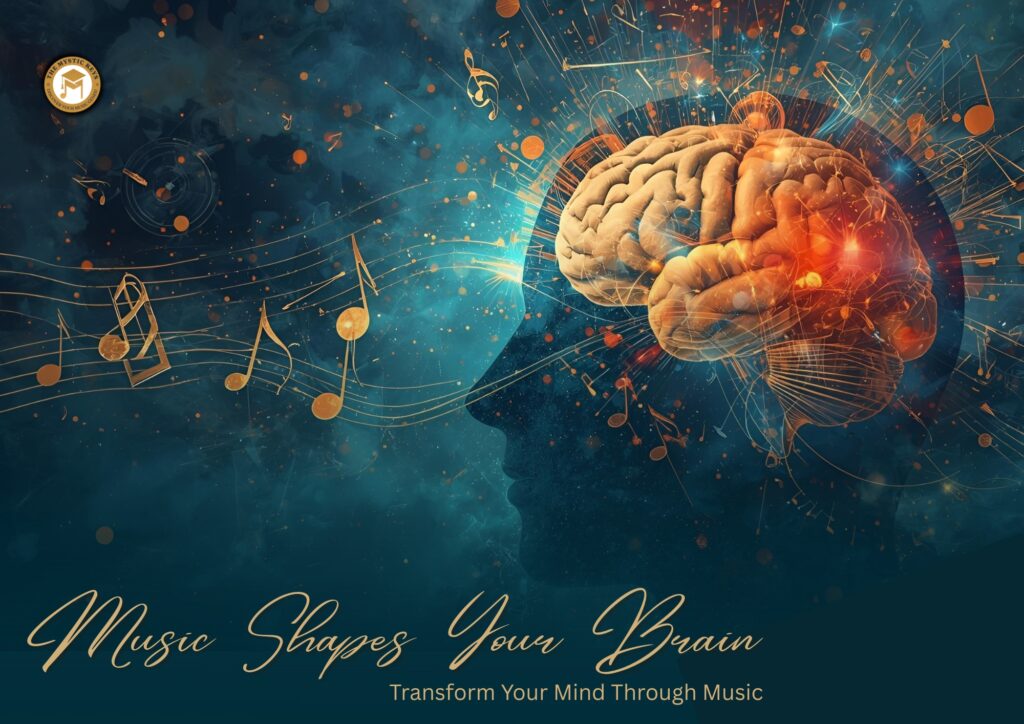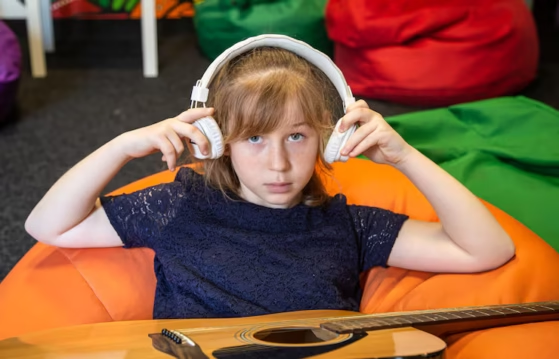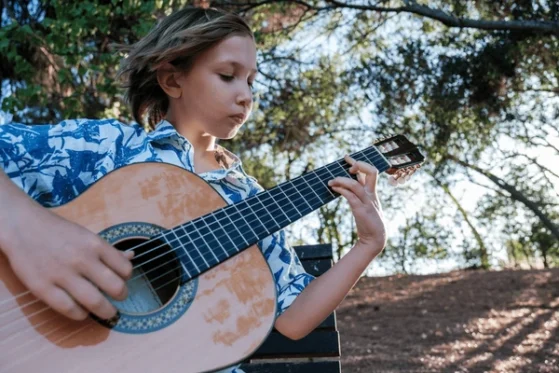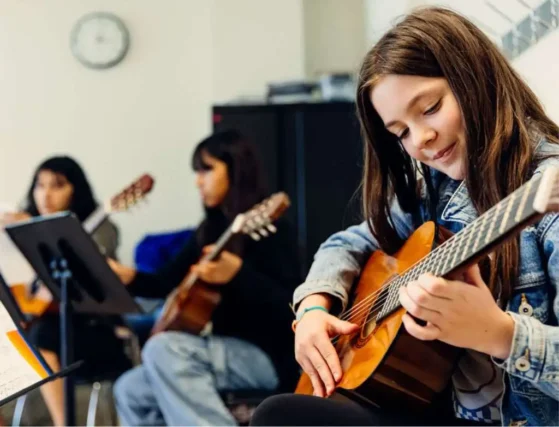
Play Music with Emotion | Art of Expressive & Soulful Performance
Play Music with Emotion | Art of Expressive & Soulful Performance
Music is not just a collection of notes — it’s an expression of human emotion. To truly play music with emotion means letting every melody carry the power to heal, inspire, and move hearts. Yet, even skilled musicians often face a challenge: they can play all the right notes, follow every dynamic marking, and still feel that their performance lacks something.
That “something” is emotion — the invisible energy that transforms technique into art. Emotional playing doesn’t come from the hands alone; it comes from understanding, connection, and authenticity. When you learn to feel what you play, music becomes more than sound — it becomes storytelling through emotion.
Let’s explore how to bring more depth, emotion, and expression into your music — step by step.

Play Music with Emotion by Understanding Its Story
Every composition, whether centuries old or newly written, has a story at its heart. Understanding that story is the first bridge between the notes and the emotions they carry.
When you pick up a piece, take a moment to ask — What is this music trying to say? What was the composer feeling when it was created?
In classical music, emotions are often woven subtly through structure. For instance, a Chopin nocturne reflects longing and introspection, while a Beethoven sonata might echo courage and defiance. In contrast, contemporary songs often reveal emotion more directly through lyrics and tone.
Once you understand the story, everything else begins to unfold more naturally. You stop focusing on how to play and start focusing on why the music exists. That “why” becomes your emotional compass throughout the performance.

Connect Internally to Play Music with Emotion
Knowing the story is one thing — feeling it is another. Before you start playing, take a moment to emotionally connect with the mood of the piece.
Close your eyes and let the music’s essence fill you. Imagine the emotion the composer wanted to convey — is it joy, sorrow, hope, or solitude? Try relating it to your own experiences. For example, if the song reflects heartbreak, think of a time you felt a similar loss. If it’s filled with triumph, recall a moment when you overcame something difficult.
This simple reflection grounds your performance in truth. When emotion begins within you, it naturally flows through your instrument. The audience can always tell when a musician feels what they play — that authenticity is what moves hearts.

Use Dynamics and Articulation to Play Music with Emotion
Once you’re emotionally connected, the next step is to shape that emotion musically. This is where dynamics and articulation come in — they are your tools for painting emotion through sound.
A gentle crescendo (gradually getting louder) can symbolize hope or rising passion. A sudden drop to pianissimo (very soft) might evoke vulnerability or peace. Similarly, articulation — whether smooth and connected (legato) or short and detached (staccato) — adds character to your performance.
Think of dynamics as volume of emotion and articulation as texture of feeling. Used together, they breathe life into every phrase, turning plain notes into an expressive dialogue.

Shape Phrasing to Play Music with Emotion Naturally
Once your emotional connection is established, you need the right tools to express it musically. Dynamics (volume) and articulation (how notes are played) are two of the most powerful expressive devices in a musician’s toolkit.
Think of dynamics as the emotional “volume” of your story. A soft passage might express tenderness or vulnerability, while a strong, loud section can burst with excitement or determination. The key lies in variation — too much sameness makes a performance sound flat.
Articulation gives texture to your sound. Smooth legato phrasing evokes calmness and flow, while crisp staccatos bring energy and movement. Every change in articulation shifts the emotional tone, even if the notes remain the same.
When you combine dynamic control with thoughtful articulation, you begin painting emotion in sound — much like a painter blending shades to capture the light in a landscape.

Think of Music as Language
Emotion in music often mirrors expression in speech. Just as we use pauses, tone changes, and emphasis to convey meaning when speaking, we can do the same when playing.
Try treating each phrase as if it were a sentence. Where does it begin, rise, and resolve? Where would you naturally take a breath? Phrasing in this way gives structure and emotional rhythm to your music.
A helpful exercise is to sing the melody before playing it. Singing reveals natural phrasing and helps internalize the feeling of flow. Once you sense how a phrase “speaks,” transfer that same intention into your instrument. Suddenly, the piece begins to sound conversational — as if your instrument itself were speaking from the heart.

Refine Your Touch and Tone
Beyond phrasing, emotion also lies in how you physically produce sound. A sensitive touch allows you to control tone and bring subtle emotion to every note.
Pianists can explore weight and pressure — playing delicately for fragile moments or with strength for emotional intensity. Guitarists might use techniques like vibrato or gentle bending to make each note sing. Vocalists can experiment with breath support, tone color, and vibrato speed to reflect different moods.
Developing such sensitivity takes practice and awareness. As you play, listen closely — not only to the pitch but also to the quality of your sound. Over time, you’ll develop the ability to make your instrument respond exactly to what your heart wants to express.

Learn from Great Emotional Performers
To grow emotionally as a musician, listen deeply to artists who move you. Observe not only their skill but also how they communicate feeling through subtle choices.
Notice how Ludovico Einaudi allows simplicity to speak volumes, or how Adele’s phrasing conveys vulnerability that feels deeply human. Watch Eric Clapton’s blues performances — each bend and pause seems to carry his life’s story. Listen to Arijit Singh and how his voice flows like emotion itself, effortless yet heartfelt.
By studying expressive musicians, you start to notice patterns — they use silence wisely, shape dynamics naturally, and prioritize emotion over perfection. Gradually, these qualities influence your own playing, helping you develop a personal emotional signature.

Slow Down and Savor Each Note
In a world that celebrates speed, slowing down can be a revelation. Rushing through a piece often strips it of emotional depth. Taking your time allows you to breathe with the music and understand its soul.
When you play slowly, every note gains meaning. You begin to notice nuances — the way one sound fades into the next, the gentle tension before resolution. These small moments create emotional impact.
Tempo should always serve the mood. A reflective song often speaks best when played slowly, allowing listeners to absorb every shade of feeling. As you slow down, you’ll find that emotion becomes clearer, deeper, and far more powerful.

Let Silence Speak to Play Music with Emotion
Emotion is not only in sound — it’s also in silence. The pauses between phrases, the breaths between notes, and the quiet moments before the next section are all opportunities to express something profound.
A brief silence can heighten anticipation, allowing the next note to arrive like a sigh or revelation. It gives listeners space to feel, to reflect, and to connect.
Learning when not to play is an art in itself. Silence completes the music — it turns rhythm into emotion and transforms structure into storytelling.

Balance Self-Expression and Connection
Playing with emotion is deeply personal, but music also exists to connect. When you perform, your goal isn’t just to express what you feel but also to help others feel with you.
Be present in your emotion, but stay sensitive to your audience. Watch how they respond; feel the energy in the room. When your emotion meets theirs, something magical happens — the performance becomes shared experience.
Audiences remember not every note, but how the music made them feel. And that connection is the true purpose of expression in music.

Keep Growing Through Experience
Emotional musicianship evolves with time. Every life experience, from triumphs to challenges, adds color to your expression.
Exploring diverse genres, collaborating with others, and performing regularly all expand your emotional vocabulary. Over time, your playing will reflect not just musical skill but also personal depth — an unmistakable authenticity that only comes from living and feeling fully.

In Conclusion
To play music with emotion and expression is to merge heart and technique — to let your instrument speak the language of your soul.
When you understand the story, feel the emotion, control your dynamics, and allow silence to breathe, you no longer just perform — you communicate. Each note becomes a bridge, inviting your listeners into an emotional world that is uniquely yours.
At The Mystic Keys, we guide students to discover this balance between skill and feeling. Our courses help musicians not only master technique but also develop the sensitivity and expressiveness that make music truly moving.
So the next time you sit at your instrument, don’t just ask, “Am I playing this right?”
Ask instead, “Am I expressing what I feel?”
Because the performances that stay in our hearts are not those that are perfect — but those that are real.
For more information and exciting resources about learning music, visit our website at The Mystic Keys. For more music content and exciting offers follow us on
Facebook, Instagram, YouTube, LinkedIn, Twitter, Pinterest, and Threads.


